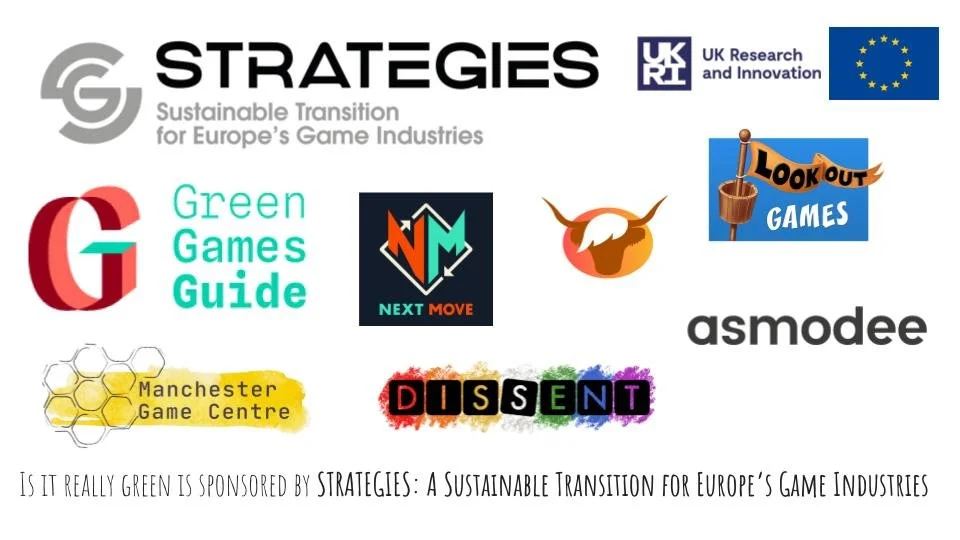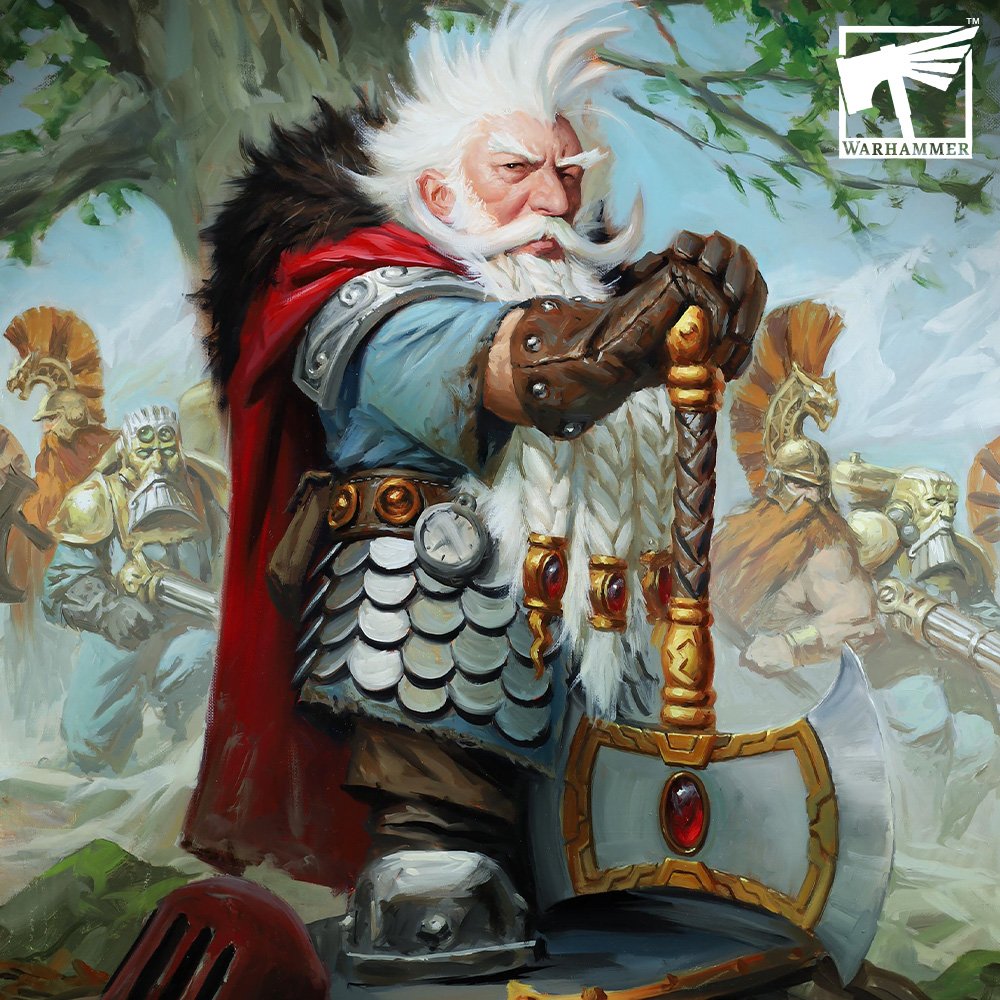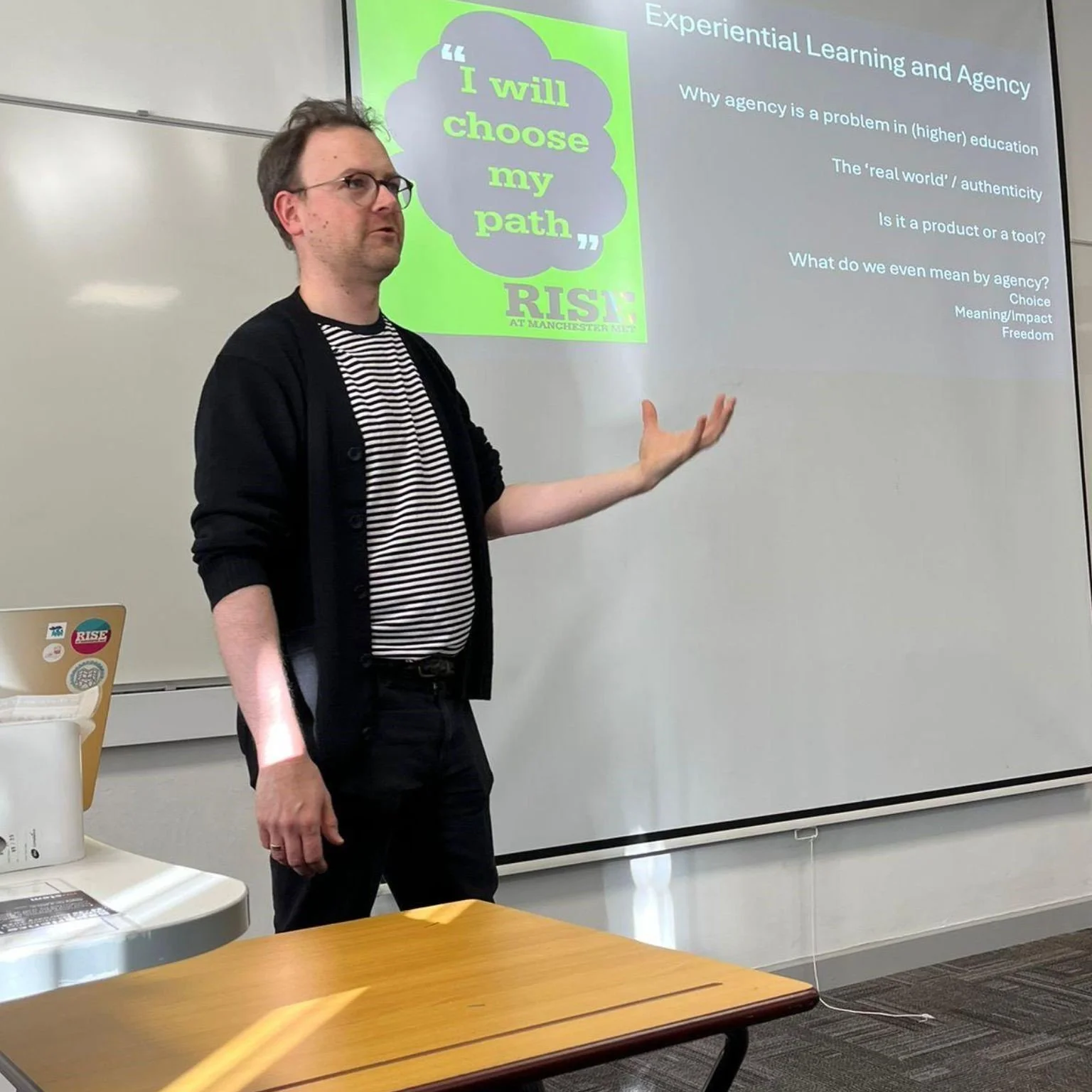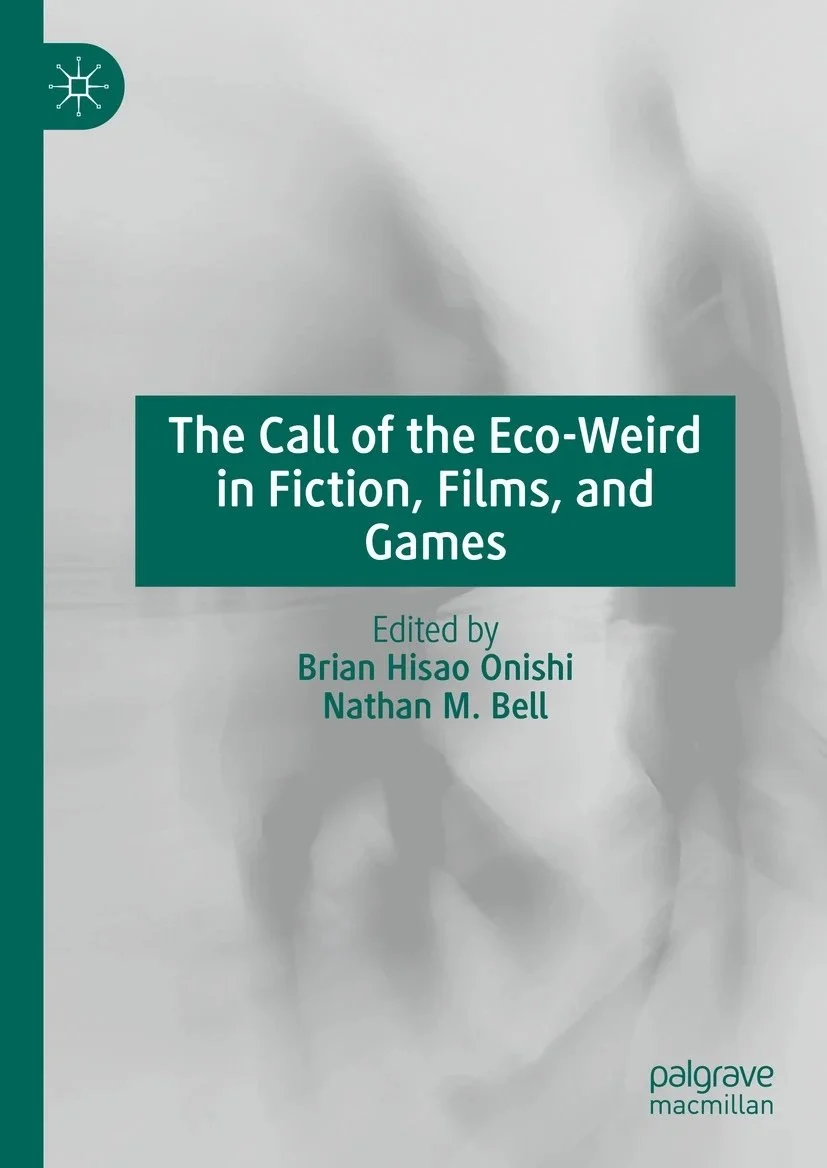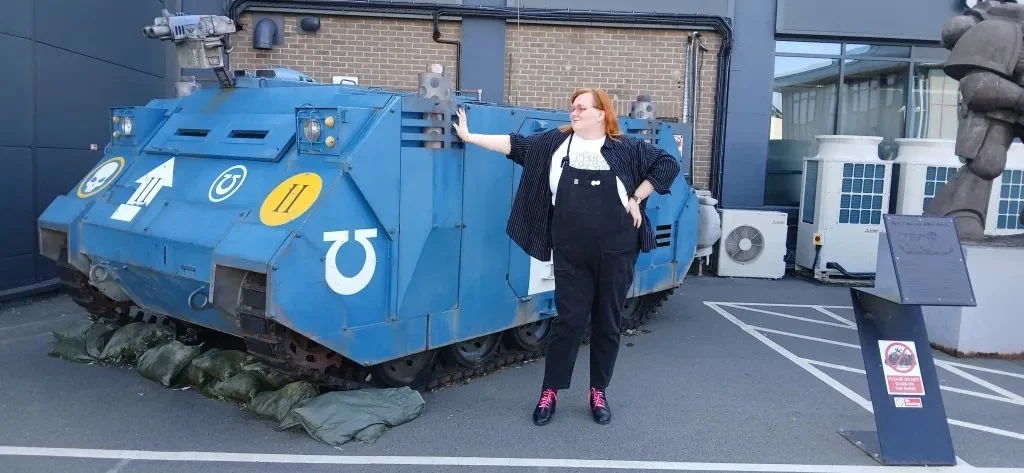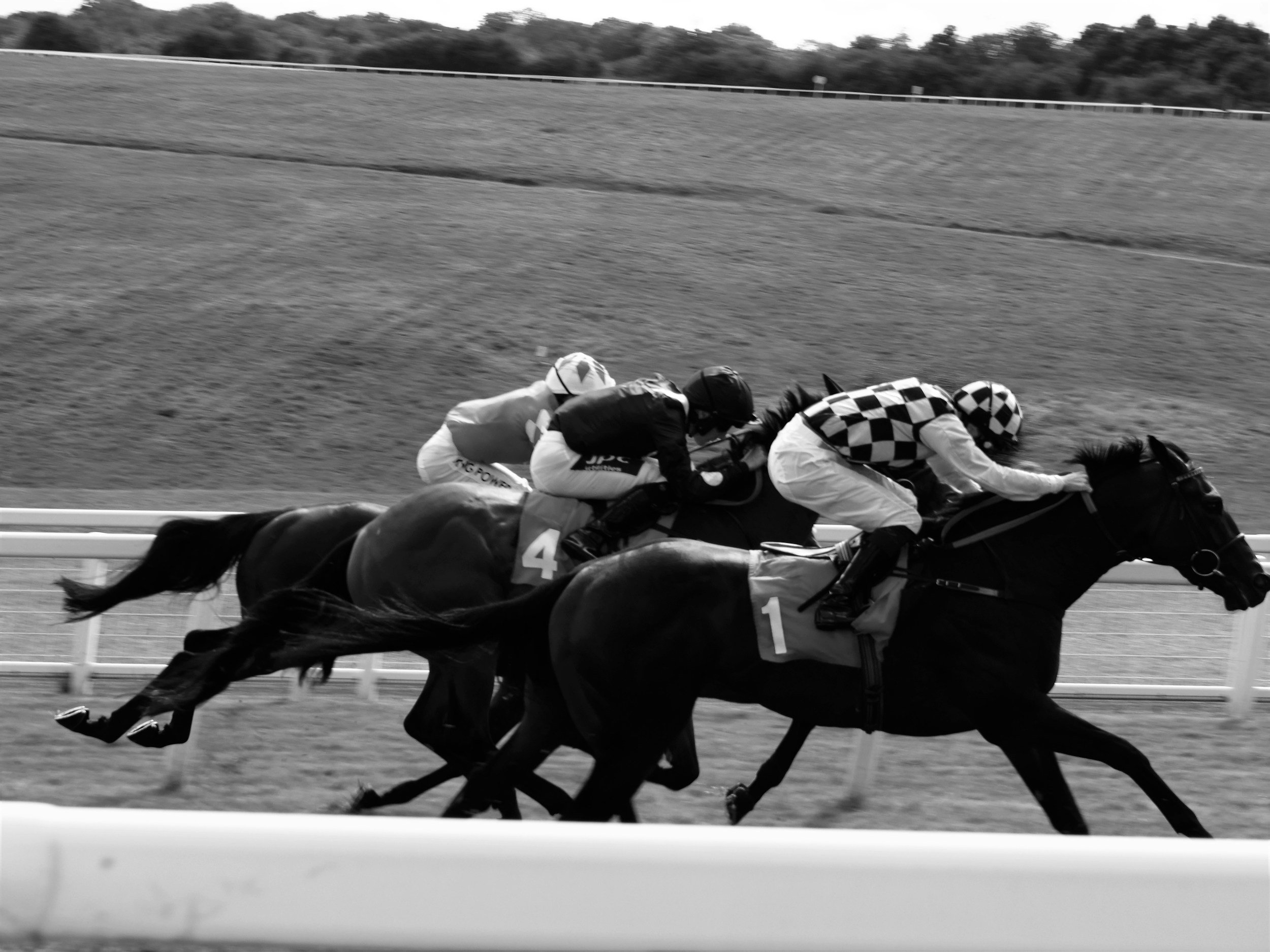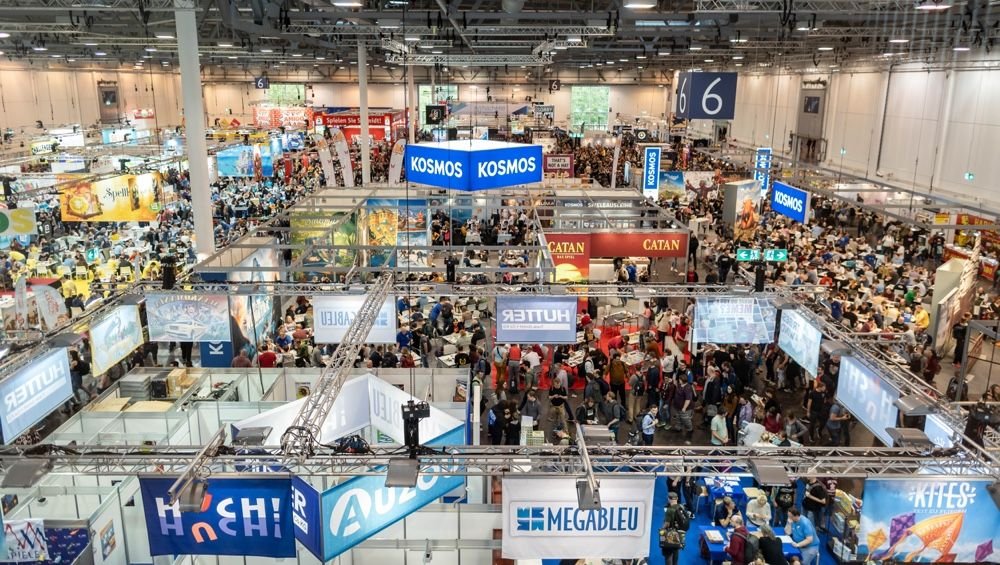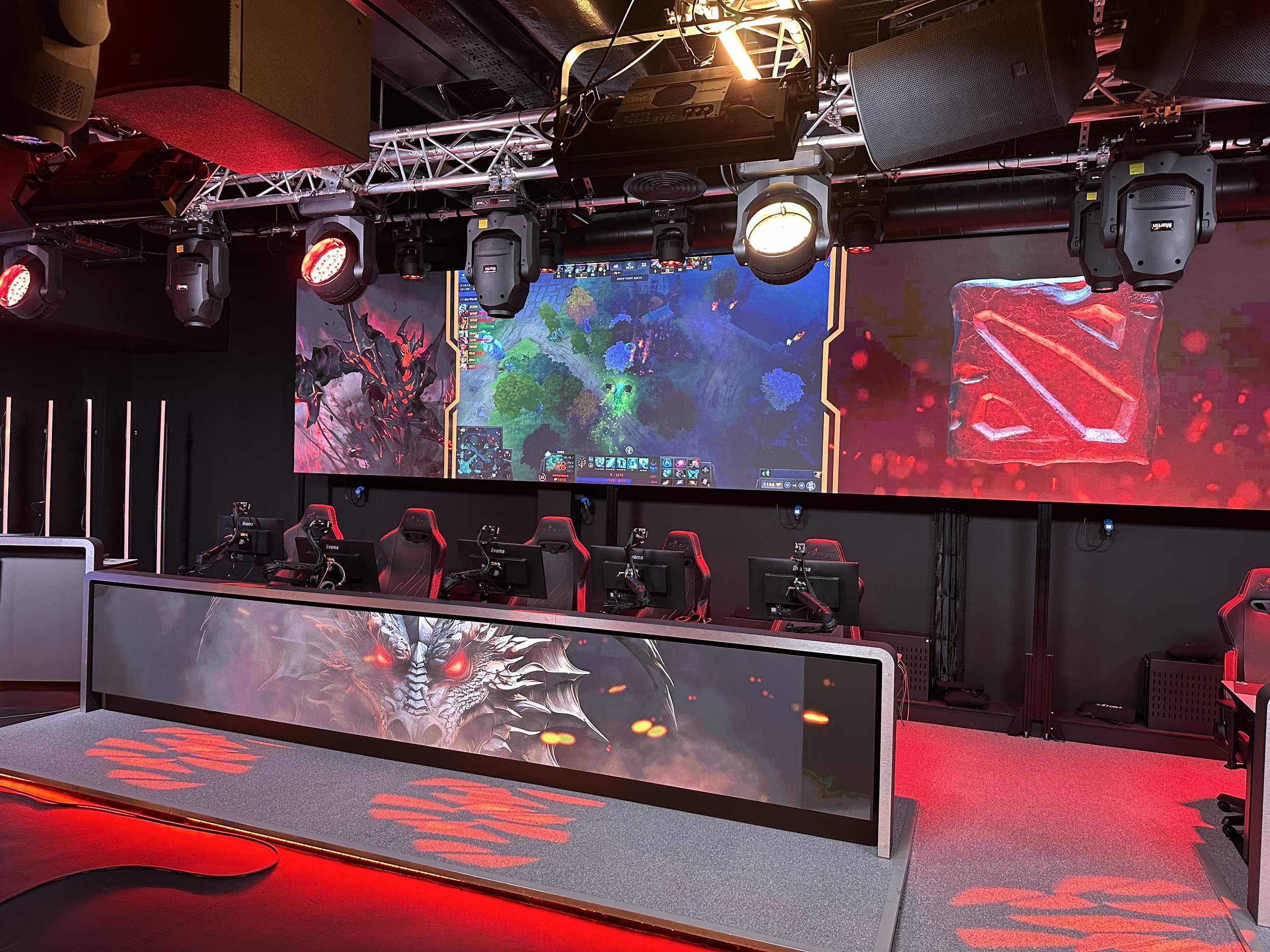News
May and June have witnessed a flurry of historical game studies activities across the UK. Here’s a round-up of the events that our Centre lead for Games, History, and Heritage, Jenny Cromwell, has had the joy of participating in this Spring.
My workshop was billed as a world record attempt for the shortest game jam (there is a record for this, but Guiness told me that it was not administered by them). Essentially, I sat down four groups of four and five participants around piles of game pieces and printed out grids. After only five minutes of game chat I asked them to simply start playing. Miraculously, it worked! People were soon rolling dice, drawing boards, moving pieces around and talking intently. As a facilitator there was not much for me to do as I saw three of the groups games resolve out of the chaos, the laughter and banter got louder. …
Dr Adinda van ‘t Klooster received support from the Manchester Game Centre for her launch of the Emote VR Voicer project (2024–2027) and closing event of the Singing Graphics in VR exhibition at the Holden Gallery. People booked in to experience one of two VR artworks (VRoar or the AudioVirtualizer) and filled in a questionnaire before and after. This helped to assess if there was any change in positive or negative emotion as a result from the artwork. The data is now being analysed and submitted for publication by the project team. The main findings were that positive emotion significantly increased for singers experiencing VRoar and for non-singers experiencing the AudioVirtualizer.
There are no easy answers for to how to “green” board games but STRATEGIES researchers from Manchester Game Centre teamed up with the Green Games Guide, as well as with designers from independent studios and Asmodee, to explore how the industry is grappling with important dilemmas.
We discussed the strategies that are already being used to reduce the impact of board games on the planet, and also highlighted areas where more research, knowledge and action is needed.
Watch the video here.
We are happy to announce the opening of the Game in Lab 2025 international call for projects, which will be accepting submissions until September 15th.
Game in Lab invite research teams all around the world to submit their proposals about board games. All areas are welcome, whether social sciences, psychology, linguistics, arts, or any other.
The Green Gaming seminar is a cooperative adventure developed in collaboration with the Game Studies Research Centre (Poland), the Manchester Game Centre (UK), Cologne Game Lab (Germany) and the Centre for Excellence in Game Studies (Finland). The event will take place over a month, and explore ideas at the crossroads of game studies, environmental sciences, and ecomedia research.
We are pleased to announce that our second annual Games Workshop Research Day is taking place on Saturday 11th October 2025!
For its second outing the event will run all day from 9:30 until 20:30 and has three parts. The morning will be dedicated to talks about Games Workshop’s games, the afternoon will be a ‘playable exhibition’ in which we pair gaming with presentations, and the day will conclude with a social evening of sporting mayhem as we come together to watch Blood Bowl played live.
In April 2025, Dr Satish Shehorak organised the first international diverse games festival at Manchester Metropolitan’s School of Digital Arts. Satish is a Senior Lecturer in SODA and Programme Leader for MA Games Art. He also researches the inclusivity and diversity in video game representation, working with UKIE to collect longitudinal data on this issue. Satish’s research is part of the MGC’s Narrative and Representation research theme.
DVRS hosted two days of talks and a networking event showcasing diverse speakers and topics across games development as well as animation and film. Working in collboration with PoC in Play, UKIE, Gameopolis and the Liverpool Game Dev Network, the festival engaged over 80 attendees in person and 500 online with speakers and presenters Shifally Rattan, Senior Character Artist at Infinity Ward, Harvey Newman, Game Director and Animation Specialist, founder of Proxima Studio, Helen Kaur, UI Art Director at Hundred Star Games, Darshana Jayemanne, Reader in Digital Cultures at Abertay University and others.
On April 30th 2025, the Utrecht Gamelab and the Manchester Game Centre at Manchester Metropolitan University collaborated on a first-of-its-kind hybrid three-hour co-design workshop, building on the work of Chloe Germaine and Paul Wake on ‘game hacking’ and the ‘franchise hacking’ technique developed by the Utrecht Game Lab on the basis of Germaine and Wake’s earlier work to experiment with re-designing Magic: The Gathering (MTG) as a medium for climate education.
Please help our PhD researcher, Richard Rowlinson whose doctorate examines the relationship between socio-economic and gender status on games and consumer behaviour.
This article is republished from The Conversation and is written by Manchester Game Centre narrative and representation lead, Frazer Heritage, with Lisa Sugiura, Associate Professor in Cybercrime and Gender, University of Portsmouth.
The Netflix series Adolescence has generated discussions about masculinity, male violence and the effect of “manosphere” content on boys. The manosphere is a collection of men’s rights and misogynistic groups that are interconnected through websites, blogs and forums that promote masculinity, misogyny and opposition to feminism.
DVRS Games Festival, the first festival focused around diversity in the gaming industry will be held at Manchester Met next month, from Thursday, April 10 to Friday, April 11, 2025.
It is a collaboration between the university’s School of Digital Arts (SODA) and POC in Play, the organisation geared towards increasing the representation of people of colour in the video game industry.
The festival is co-funded and supported by the Manchester Game Centre.
Student Internship 2025 - Game Design for Sustainability
We are looking for a motivated research intern to assist with data collection and compilation for STRATEGIES – Sustainable Transition for Europe’s Game Industries, a live research project exploring sustainability practices in game development.
On 5th February 2025, Dr John Lean delivered an invited talk to the Computer and Information Science research group at Northumbria University. Titled ‘What can game design tell us about learners' agency in higher education?’
Recently, game centre member and researcher in games for health and well-being, Dr Sören Henrich, wrote for the British Psychological Society about how roleplaying plays a part in his academic life and research…
Dr. Jeff Howard, Associate Professor of Games and Occulture at Falmouth University
For Multiplatform, 2025, Rituals of Play, Jeff will deliver a seminar on “Playful Occultism” that explores manifestations of the occult in relation to play and games.
Rituals of Play is our theme for Multiplatform 2025, the annual MGC symposium dedicated to analogue and video game studies. This year’s event is a collaboration with DVRK - the Dark Arts Research Kollective - at Manchester Metropolitan University.
This DVRK edition of Multiplatform will explore the intersections between games and occulture, investigating the transformative potential of games as forms of rituals to explore alternative histories and speculate on radical futures.
The Manchester Game Centre are pleased to announce the publication today of research by Chloé Germaine on ecological ethics, aesthetics and board games. The chapter, “Tabletop Eco-Weird: Gameplay Experience and Ecological Ethics”, appears in the new book, The Call of the Eco-Weird in Fiction, Films, and Games that is edited by Brian Hisao Onishi and Nathan M. Bell. It arises from the collaborative research carried out by various folks at The Society for the Study of the Eco-Weird, hosted out of Penn State university.
In September 2024 we were delighted to welcome Aasa Timonen as the Manchester Game Centre’s first International Visiting Research Fellow. Read Aasa’s account of her stay in Manchester in this short blog…
Are you a Postgraduate Researcher researching video games, board games, VR, or any other type of interactive play? Check out this call for papers from the Investigate.Games group over at York St John university…
In partnership with MeCCSA, the University of Sunderland is delighted to announce a special symposium on Creative Methodologies: Practical Play and Media Multiplicities, a two-day event, examining methodologies of practice-based media research, from podcasts to games making. Our keynote speakers for this event are: Lance Dann (The University of Brighton), Chloe Germaine (Manchester Metropolitan University) and Nick Lewis (The University of Sunderland).
This symposium aims to interrogate the wide range of creative methodologies in media research as a showcase for the multiplicities of media and cultural studies. This event incorporates a cross-disciplinary and inclusive approach to practice-based research. We welcome papers examining autoethnographies, participant-action-led games jams as a way of video game making, R&D as well as ludological and narratological approaches to game studies, peer reviewed podcasts, the utilisation of video game journals, AI approaches to methodologies. We are also open to proposals on creative methodologies we may not have mentioned as we appreciate the breadth and depth of media’s multiplicities.
Stories of Intangible Heritage and Cultural Practices (of Horseracing) through Place-based Immersive Interactive Experiences: National Horse Racing Museum
Closing date: 18 March 2025
Fully-funded PhD
This project celebrates the vibrant cultural practices, intangible heritage, and unique social rituals of horse racing through emergent immersive and interactive storytelling. It aims to explore how these practices can be made tangible and publicly accessible via bespoke, place-based immersive experiences within a museum context. Focusing on the National Horseracing Museum in Newmarket – the birthplace of horse racing, the global epicentre of the sport, and the financial hub of the racing trade in Europe – this practice-based research will delve into innovative ways of storytelling using immersive and interactive media.
We are excited to share the news that Game in Lab and Analog Game Studies are once again joining forces to host Generation Analog 2025, taking place online on July 16 & 17, 2025.
This year's theme is PUNK, exploring how games embody and express punk attitudes, spaces, and art.
Games have massive global reach among diverse populations. The transformative potential of the game industry is therefore huge, but research is needed if this potential is to be realised. The idea that games address the challenge of climate change has been established through the study of ‘ecogames’. However, optimism about the potential of ecogames is undercut by research into the negative material impact of game development, raising the question: how can we make and play games sustainably?
Apply to join a team of three new PhDs working on a project that addresses this question through interdisciplinary research across Art and Design, English Studies, Philosophy and Cultural Sociology. The three PhD projects will investigate the ecosystem of game design, game artefacts, and game consumption.
They are funded by the AHRC North West Consortium Doctoral Training Partnership and will be hosted at Manchester Metropolitan University and Salford University.
The conference panel addressed the multifaceted challenges of preserving video games. As the games industry evolves rapidly, the importance of preserving not only hardware and software but also play experiences becomes increasingly critical. This panel explored the roles of various stakeholders, including academia, industry, and archival institutions, in ensuring the longevity of digital games. Key topics included the potential for new archival releases by industry players, standardisation of codebases for future emulation, and the feasibility of creating a reference library akin to the Bodleian Library for games. The panel aims to generate actionable insights and encourage collaborative efforts in game preservation.
Playful Learning will take place on 2nd – 4th July 2025 at the University of Sussex in Brighton and our theme is 🥸 Surprise and Disguise. We're looking for submissions in all areas relating to the use of play or playfulness in relation to adult learning, including – but not limited to – higher and further education, playful workplaces, and lifelong learning.
In this talk at Essen Spiel, Paul and Chloe shared the results of the Games Imagining the Future project and revealed how it led to the development of STRATEGIES. They also looked ahead to the ways in which this current research hopes to support the board game industry in its aims to support ecological thinking and a transition to a more sustainable and just society.
Manchester Game Centre members Dr Reuben Martens and Dr Jack Warren have published essays in Kelly I. Aliano’s and Adam Crowley’s edited collection Video Games and Environmental Humanities: Playing to Save the World. According to the editors, the collection demonstrates how ‘video games engage in a form of ecocriticism like any other humanities field might’ while offering ‘meaningful knowledge about environments, ecology, and/or environmental crisis’ (2024: vii). Reuben and Jack feature in the collection's ‘Video Games and Environments’ section. Reuben’s chapter, ‘Fuelling the City: On the Politics of Energy Resource Extraction in City-Building Simulators’, explores the perpetuation of petrocapitalism in the ideological underpinnings and infrastructural representations of city-building games. Jack’s chapter, ‘Queer Thinking with Digital Stones’, explores the ecological and affective dimensions of World of Warcraft, particularly concerning the importance of stones and their sensations in digital environments.
From the 30th October to the 1st of November, esports enthusiasts, industry professionals, scholars and researchers from all around the world gathered at the Staffordshire University London for the ERNC2024. As the esports ecosystem continues to evolve, the conference explored themes such as the dynamic intersections between gaming cultures, competitive play, sustainability, diversity & inclusion, and spectatorship within the esports ecosystem. The presentations, panels, and keynote talks provided innovative ideas and valuable insights for the future of esports!



